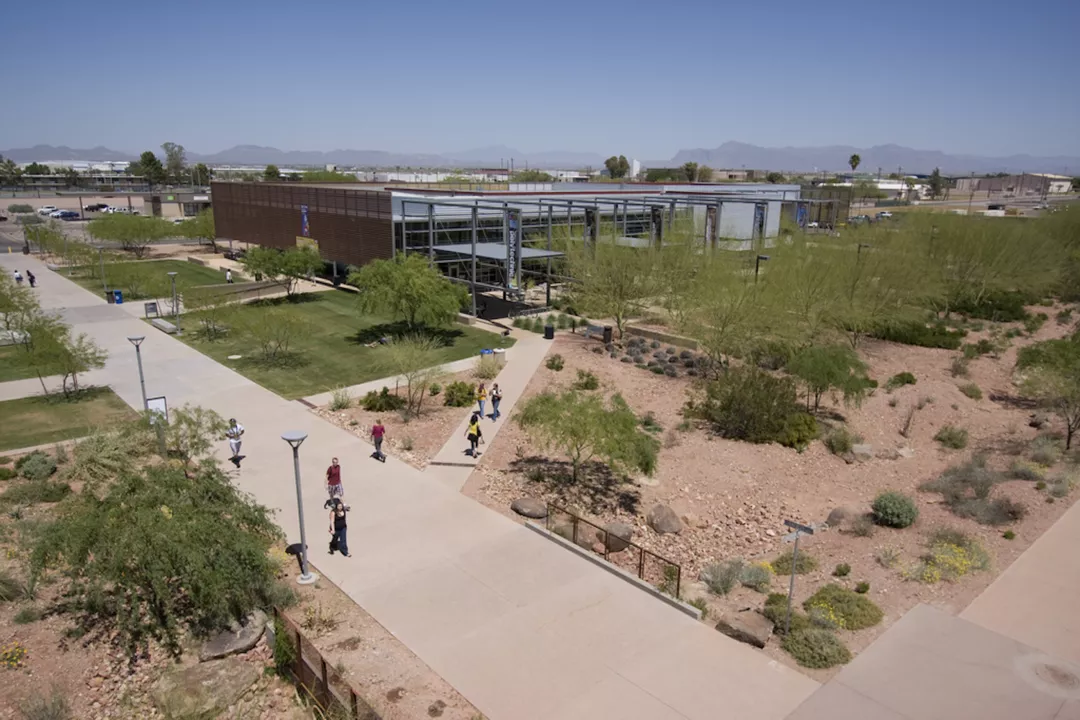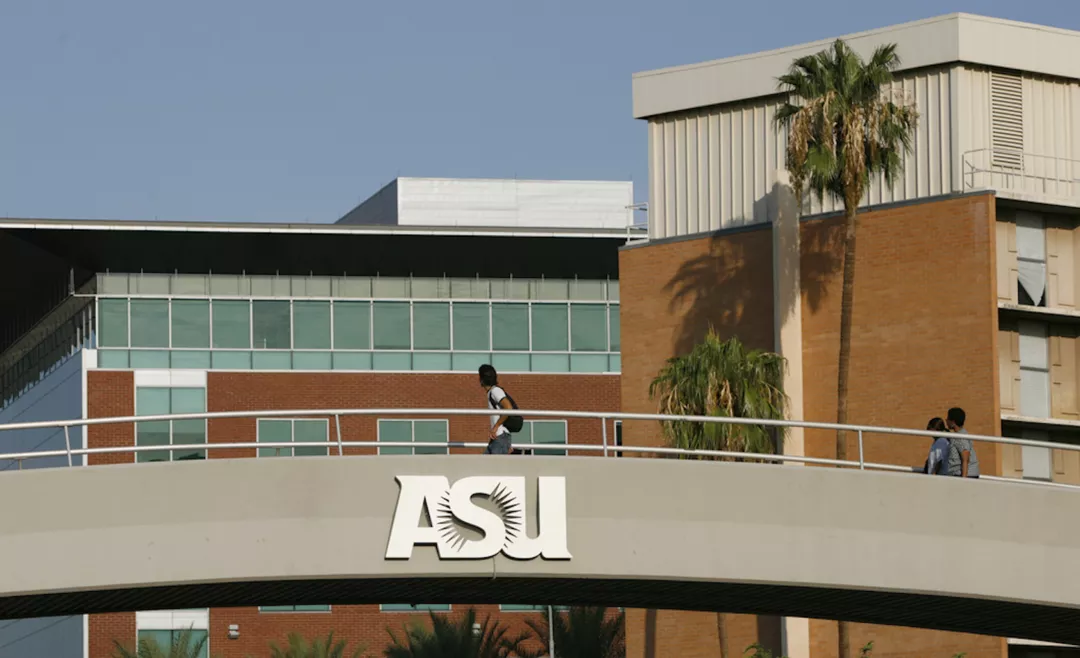-
hello@abroadcube.com
Mail us
-
Call For Help:
98779 83783
-
Whatsapp Us
70090 34921
The MFA in art with a concentration in digital technology is a program offered by the School of Art in collaboration with the School of Arts, Media and Engineering. It is a hybrid degree that combines technological and artistic goals and is designed for students with skills and experience in both realms.
Applicants will be required to demonstrate accomplishment in art and technology, particularly in having developed new digital technology for the arts. Coursework will be required in both the School of Art and the School of Arts, Media and Engineering. The School of Art offers graduate-level courses in digital audio, video, photography, animation, compositing and rapid prototyping. Graduate courses offered by the School of Arts, Media and Engineering focus on topics such as interactive media methodology and theory, sensing and understanding activity, perception and cognition for artists and designers, advanced programming, interaction design for media installations, and digital and physical fabrication.
| Level | Masters |
| Discipline | Fine Arts |
| Duration | 24 months |
| Intakes | Jan, Aug |
| Application Fees | USD 0 |
| Tuition Fees | USD 25200 |
| Campus | Tempe |
| Language proficiency (minimum) | |
| IELTS | 6.5 |
|---|---|
| TOEFL | 80 |
| PTE | 65 |
| Duolingo | 105 |
| Exam proficiency (minimum) | |
| SAT | Not Required / Waiver |
|---|---|
| ACT | Not Required / Waiver |
| GRE | Not Required / Waiver |
| GMAT | Not Required / Waiver |
Minimum GPA - 77%
QS Quacquarelli Symonds is the world’s leading provider of services, analytics, and insight to the global higher education sector, whose mission is to enable motivated people anywhere in the world to fulfil their potential through educational achievement, international mobility, and career development.
THE (Times Higher Education) has been providing trusted performance data on universities for students and their families, academics, university leaders, governments and industry, since 2004. We create university rankings to assess university performance on the global stage and to provide a resource for readers to understand the different missions and successes of higher education institutions.
The Academic Ranking of World Universities (ARWU) was first published in June 2003 by the Center for World-Class Universities (CWCU), Graduate School of Education (formerly the Institute of Higher Education) of Shanghai Jiao Tong University, China, and updated on an annual basis
The "Webometrics Ranking of World Universities" is an initiative of the Cybermetrics Lab, a research group belonging to the Consejo Superior de Investigaciones Científicas (CSIC), the largest public research body in Spain. CSIC is among the first basic research organizations in Europe. The CSIC consisted in 2006 of 126 centers and institutes distributed throughout Spain.





